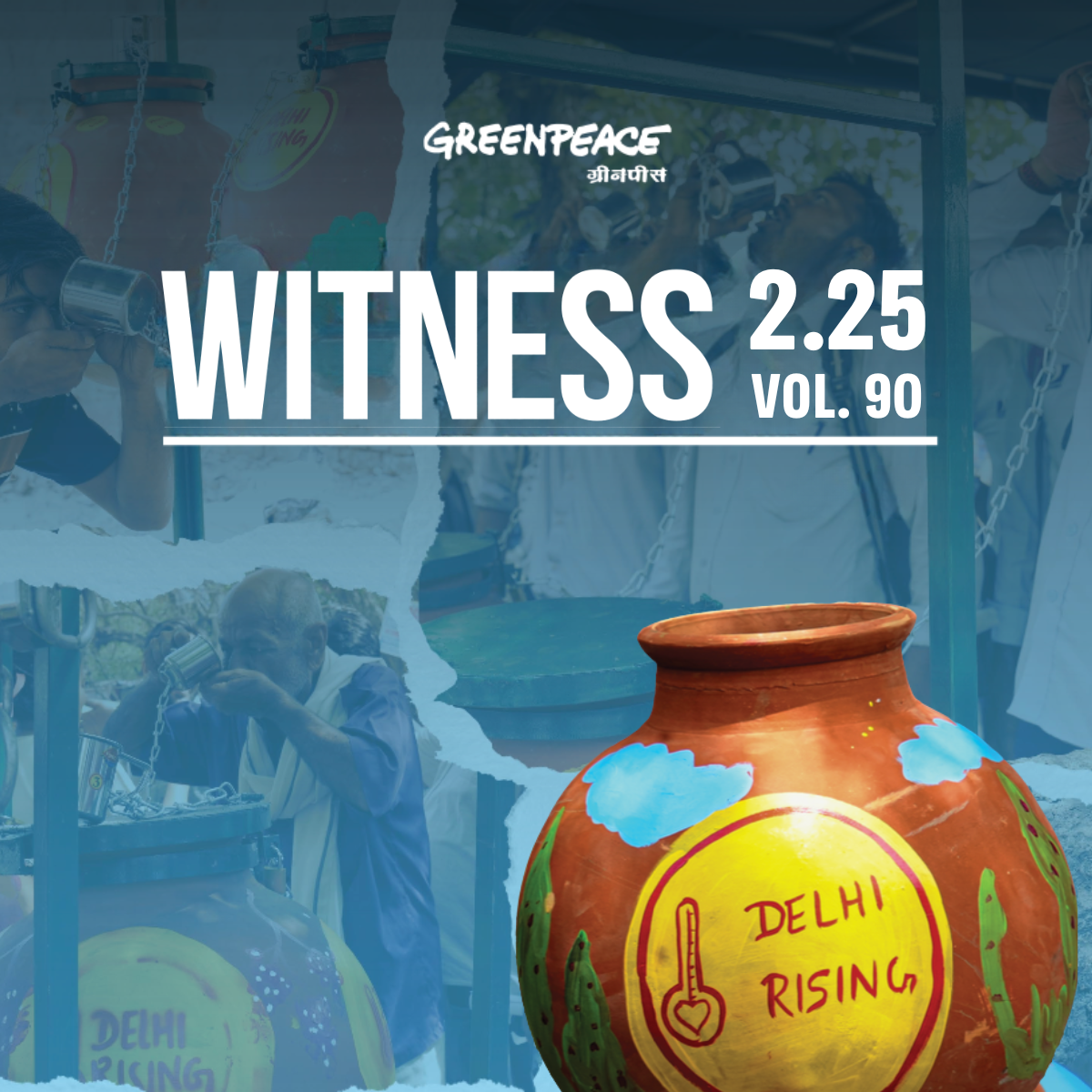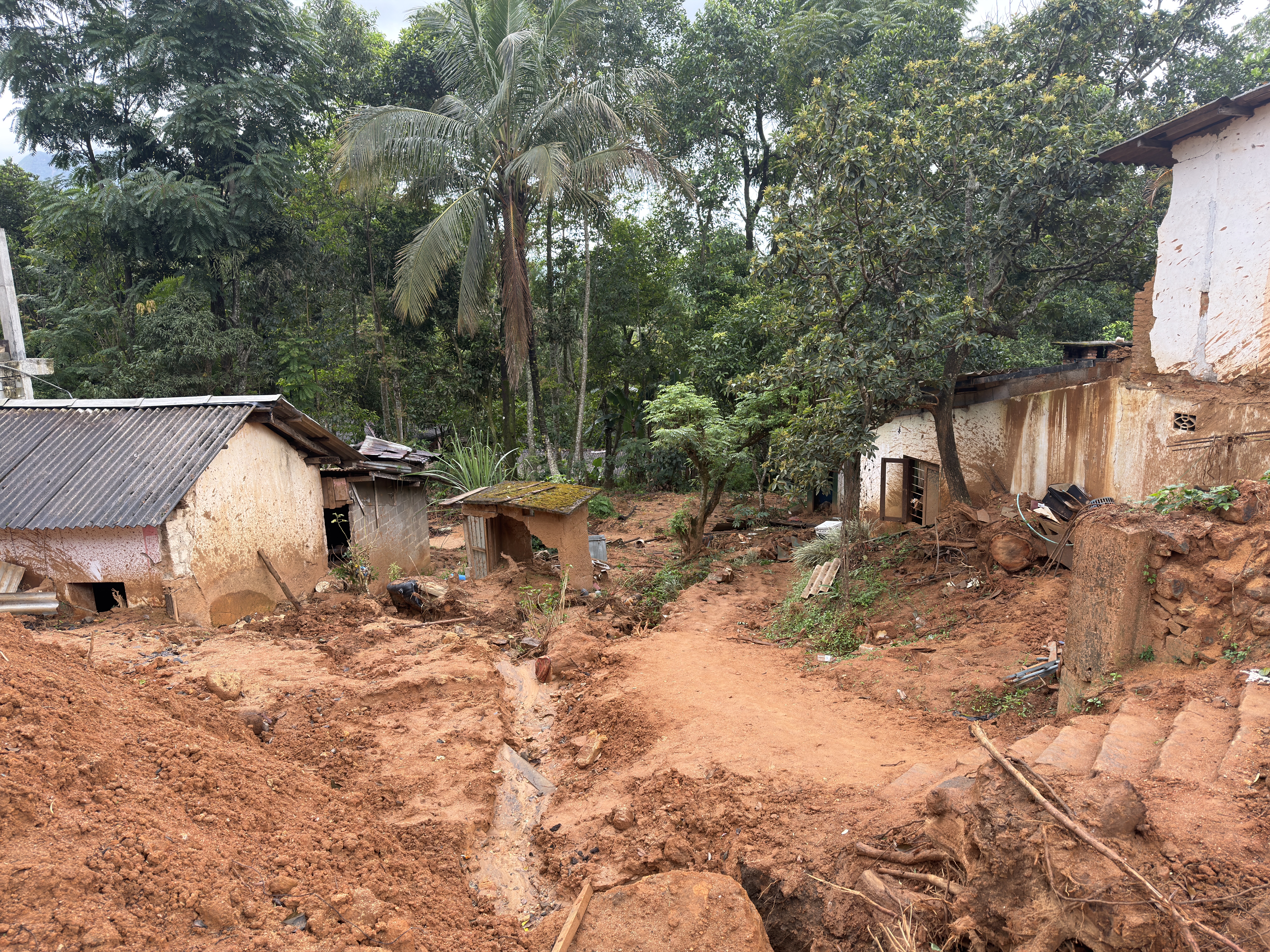A Greenpeace India’s qualitative research report titled “Ground Zero: Climate Experiences among Informal Workers in Delhi,” captures the lived realities of street vendors, waste pickers, domestic workers, and rickshaw pullers in Delhi’s bustling neighborhoods—uncovering how extreme heat, erratic rainfall, and deepening climate unpredictability are hitting the backbone of India’s informal economy hardest. Around 80% of Delhi’s workforce—including 82% of working men and 76% of working women—are employed in the informal sector, with no formal recognition, legal protections, or social security. The study finds that for every 1°C rise in temperature, informal workers’ earnings can fall by up to 19%, with income losses reaching up to 40% during heatwaves. Simultaneously, medical expenses increase by around 14%—illustrating the devastating climate-health-economic nexus. The report notes that Delhi alone is home to over 400,000 street vendors, an estimated 200,000 waste pickers, around 500,000 domestic workers, and 500,000 rickshaw pullers. These workers often endure long hours outdoors without access to basic infrastructure such as clean water, cooling spaces, sanitation, or shelter, making them acutely vulnerable to the worsening impacts of climate change.
Related Posts
-

Witness 2.25
This summer, as Delhi scorched under a 49°C heat index, resilience rose from the ground up. Residents in water-starved areas became hydration heroes, students turned bird saviors, vendors became climate messengers, and…
-

Support Communities Rebuild from a Polluter-Led Crisis
When Cyclone Ditwah tore through Sri Lanka in November 2025, it was everyday people that became the first-responders. From neighbours to teachers, school principals and shop owners, everyone jumped in…
-

Witness 3.25
This quarter tracks two fronts of the climate crisis: a coastline poisoned by a shipwreck and a capital pushed to its limits by heat. The details differ, but the question…
